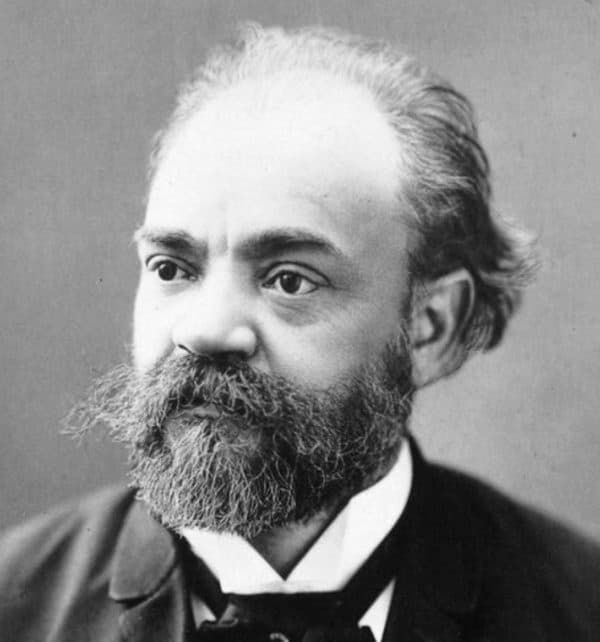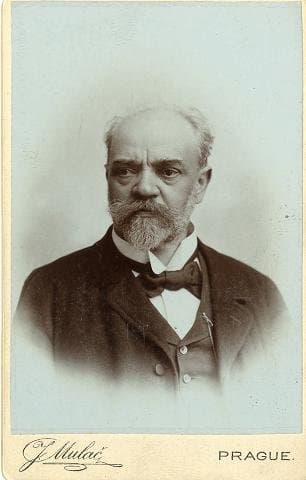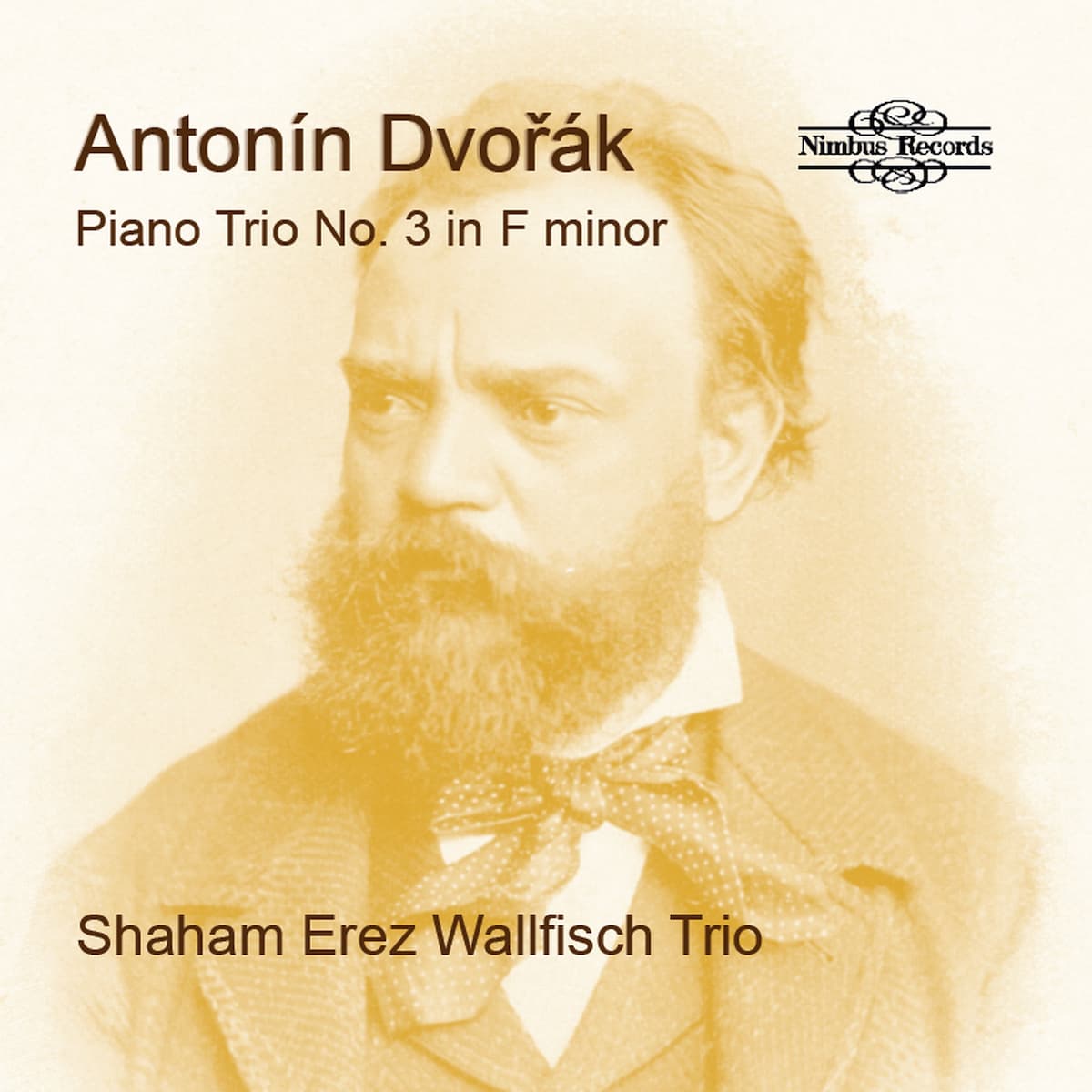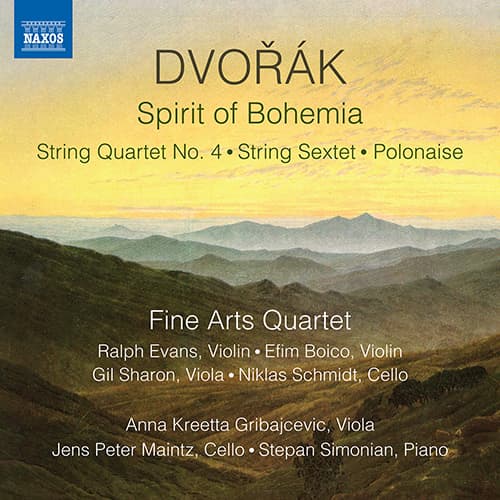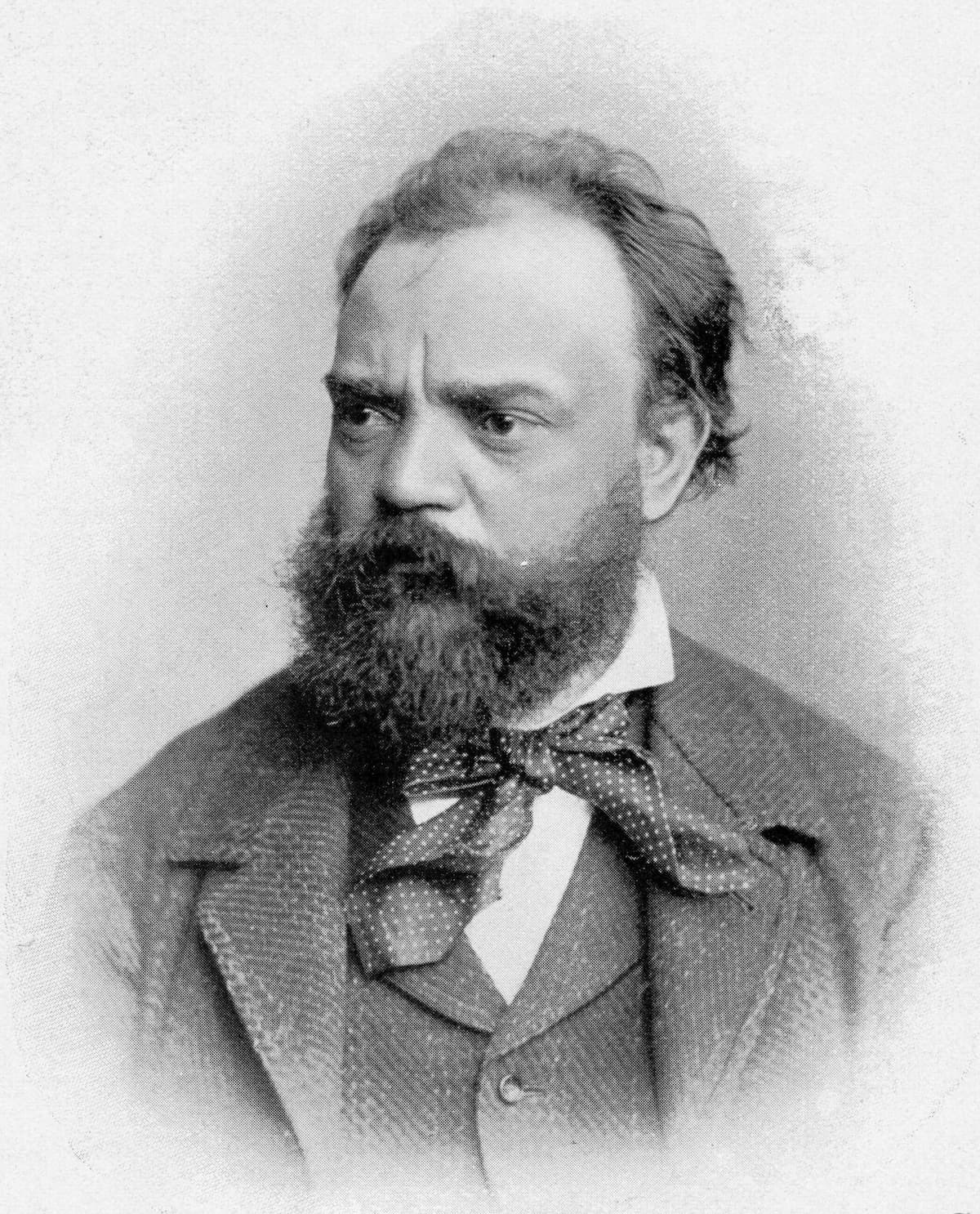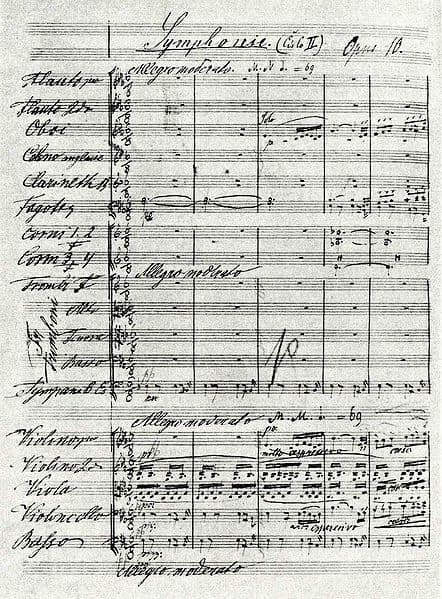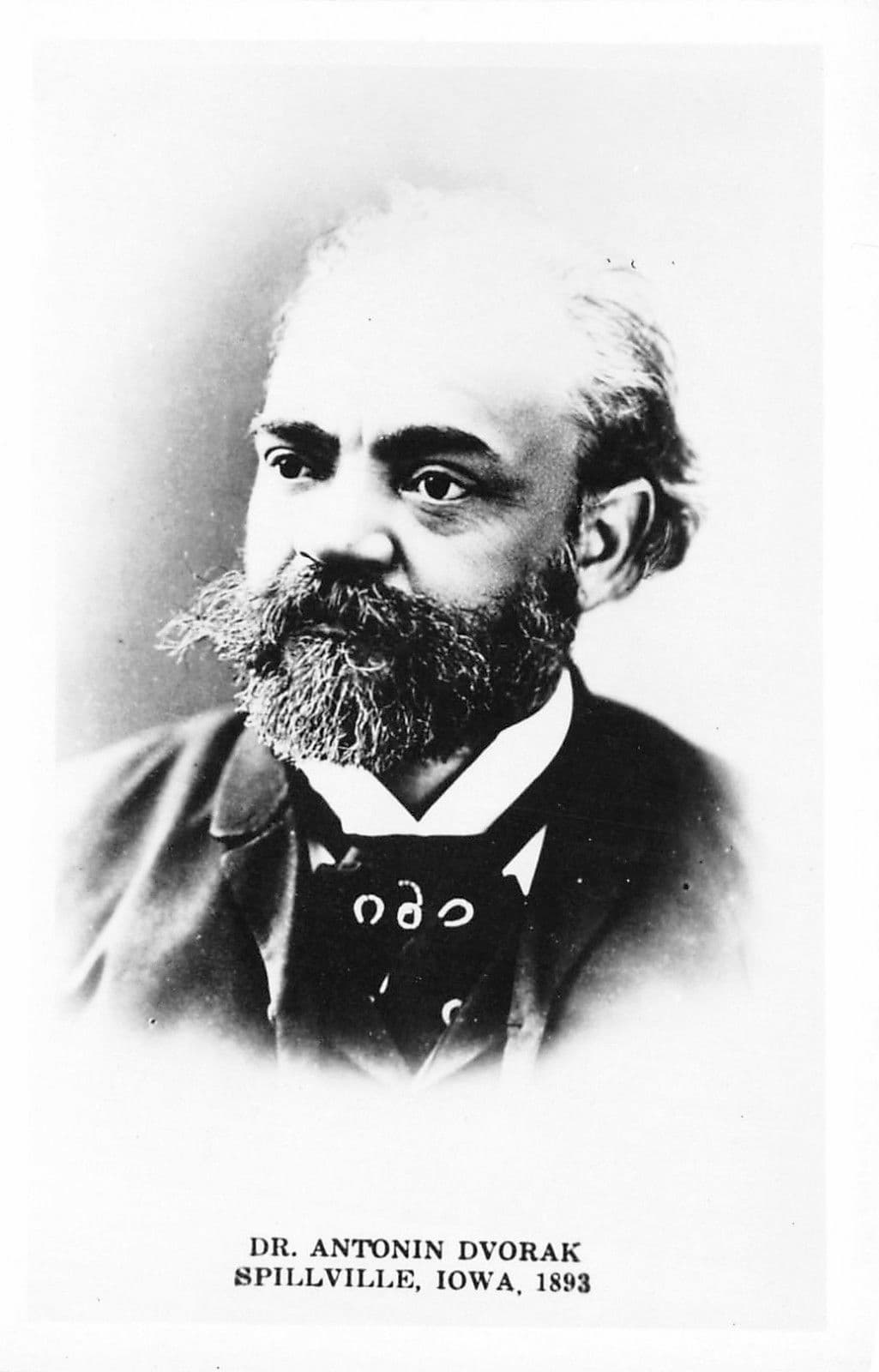In the early 1890s, Antonín Dvořák (1841–1904) stepped away from his strongly Bohemian folksong–influenced orchestral music to write three overtures that he originally intended as a unified set entitled Nature, Life and Love. In the end, however, he published the
Dvorak
Antonín Dvořák (1841–1904) spent three years in America and gave us some great works written during that time that were highly influential. His use of native American and black song sources opened the eyes of many American composers to the
There’s something special about piano trios. Perhaps the combination of violin, cello, and piano makes the perfect pocket ensemble. They’re not as complex as string quartets, and the addition of the strings makes an ensemble that embraces the top and
When we think of Antonín Dvořák, we don’t think of him in relation to genres such as the polonaise, which we associate more with Chopin and the pianistic repertoire. But, in 1879, for the cellist Alois Neruda, he composed a
In 1874, Antonin Dvořák (1841-1904) submitted an application for an artist’s stipend from the Austrian government for poor but talented students. Hoping to supplement the meager income from his job as an organist at St. Adalbert, Dvořák first obtained a
In 1865, Antonín Dvořák decided to write two full-scale symphonies, both nearly an hour in length. Composed within a couple of months, both works are imaginative and arresting, “yet clearly overlong.” At that time, Dvořák was basically unknown as a
The fierce music critic Eduard Hanslick (1825-1904) became aware of Antonín Dvořák’s music when he was a member of the commission which offered state scholarships to impoverished young musicians. In fact, Hanslick was instrumental in furthering Dvořák’s career by taking
The traditional image of Antonín Dvořák (1841-1904) as a simple Czech fellow with a flair for composing symphonic and chamber music has recently given way to “one of a complex figure writing works filled with hidden drama and secret programs.”

